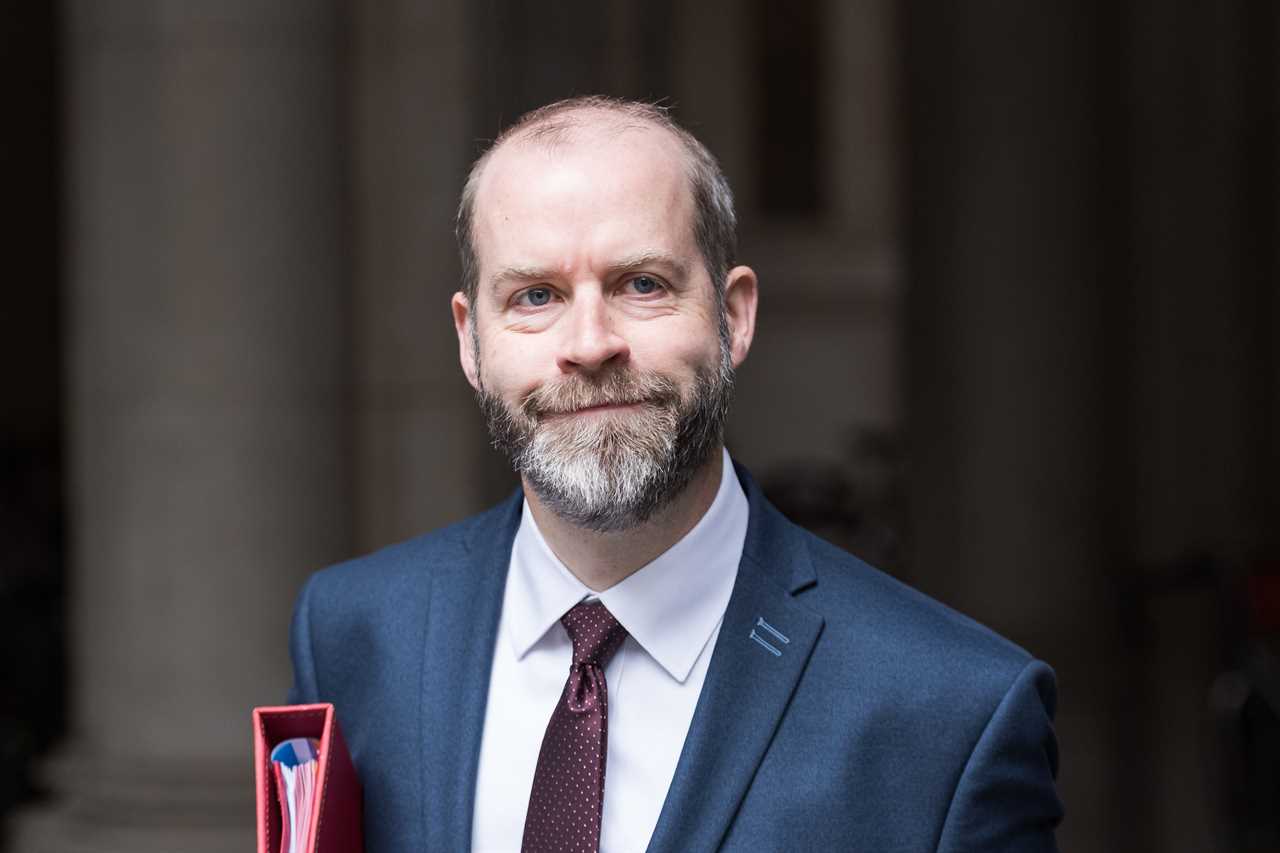
Amidst a shifting economic landscape, Business Secretary Jonny Reynolds unveils plans to inject vibrancy back into British town centres with tax cuts for pubs, clubs, and shops. This initiative signals a broader effort to redefine urban spaces, making them more engaging and dynamic for communities across the UK.
The wider context: Balancing Economic Growth with Social Wellbeing
As the UK grapples with the aftermath of the pandemic, the push to revitalise local businesses takes on added significance. Reynolds' pledge to reduce taxes on high street enterprises reflects a delicate balance between economic recovery and the social fabric of our towns and cities. The proposed reforms aim not only to stimulate financial investment but also to nurture a sense of community and cultural vitality in urban areas.
Shifting power dynamics: Reducing Barriers for Social Spaces
By dismantling bureaucratic hurdles and advocating for the transformation of vacant shops into bustling cafes and entertainment venues, Reynolds's agenda challenges traditional notions of city planning. This move not only seeks to create new leisure opportunities but also addresses the systemic issues that have hindered the growth of local businesses, particularly in the wake of the COVID-19 crisis.
Challenges and Considerations: Navigating Taxation and Urban Renewal
While the promise of tax cuts is welcome news for many in the hospitality sector, concerns persist about the broader financial landscape. The delicate interplay between tax policy, urban development, and economic sustainability underscores the complexities inherent in reshaping our city centres. It remains to be seen how these reforms will impact the diverse array of businesses that form the heart of our communities.

In a statement reflecting the government's commitment to fostering a more vibrant social scene, Reynolds emphasises the need to strike a balance between economic growth and the quality of public life. This dual focus underscores the interconnected nature of economic policies and the social well-being of the populace.
While Reynolds's proposals have garnered support from industry leaders, questions linger about the long-term viability of these measures in addressing the multifaceted challenges facing businesses in urban settings. The path to a more dynamic and inclusive urban environment necessitates a nuanced understanding of the intricate forces shaping our cities and the livelihoods of those who call them home.
As discussions around tax reform and urban renewal continue to unfold, the broader conversation must centre on creating sustainable, equitable spaces that foster economic prosperity without compromising the social vibrancy that defines our communities.
Did you miss our previous article...
https://trendinginthenews.com/uk-politics/continued-financial-support-for-refugees-raises-concerns-postasylum






